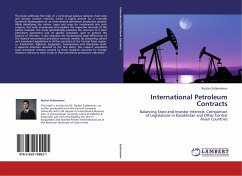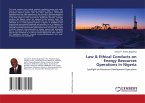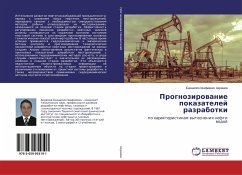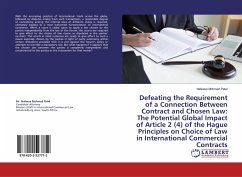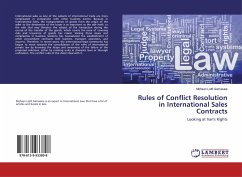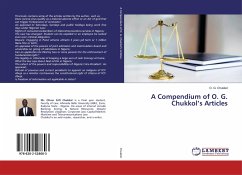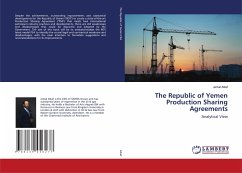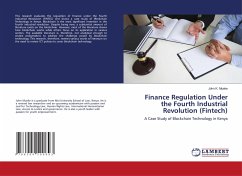The book addresses the topic of a contractual balance between host state and foreign investor interests, which is highly desired for a mutually beneficial development of an international petroleum production project. While identifying the notion, types and ways for investments into such projects, this work enumerates and explains the respective interests of the parties involved. The study systematically examines the structure of a basic petroleum agreement and its specific provisions used to protect the balance of interests. It also evaluates the fundamental legal differences of the classical international petroleum contract models. By comparing subsoil and investment legislations in all five countries of the Central Asian region, i.e. Kazakhstan, Tajikistan, Kyrgyzstan, Turkmenistan and Uzbekistan (with a separate attention devoted to the first state), this research elucidates legal investment climates created by these recipient countries for foreign investors wishing to inject funds in their petroleum production industries.
Bitte wählen Sie Ihr Anliegen aus.
Rechnungen
Retourenschein anfordern
Bestellstatus
Storno

